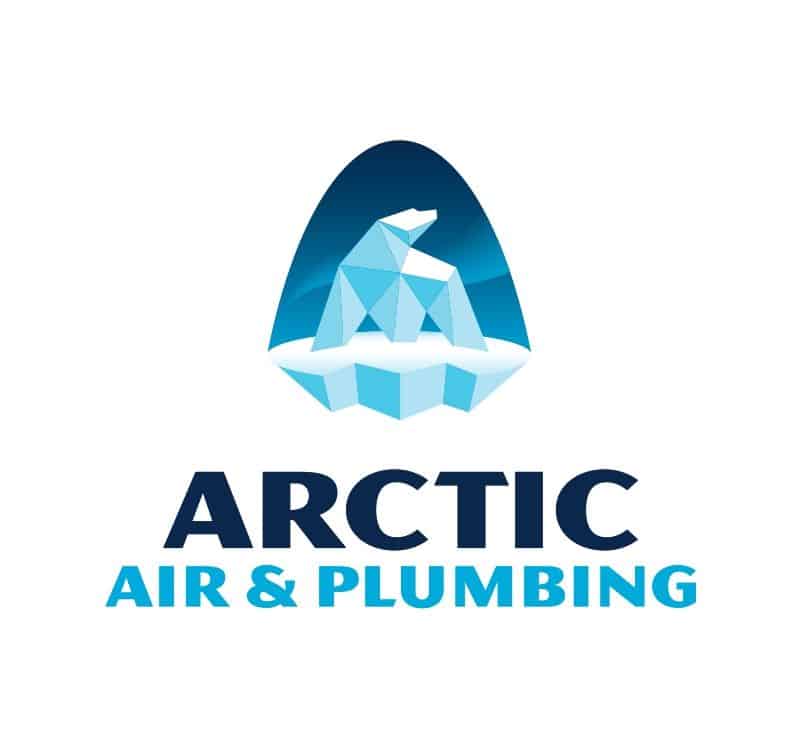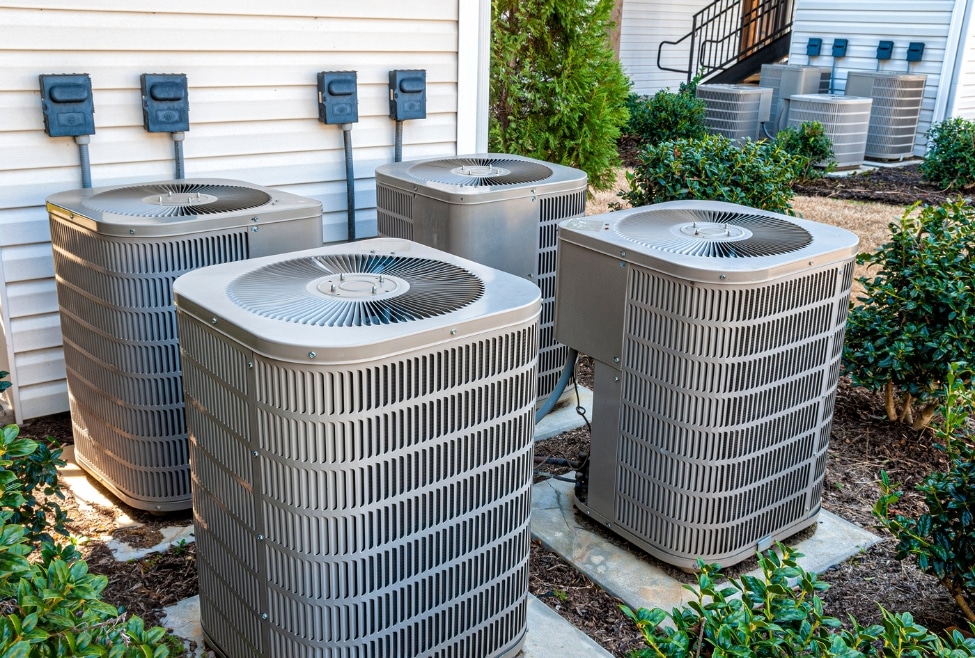How Can I Tell If My Evaporator Coil Is Bad?
Recognizing Signs of a Failing Evaporator Coil
If you’ve been asking yourself, how can I tell if my evaporator coil is bad, you’re not alone. A malfunctioning evaporator coil can lead to poor cooling performance, higher energy bills, and even system damage. At Arctic Air, we help homeowners in Palmdale, Lancaster, Quartz Hill, Rosamond, Acton, and Tehachapi diagnose and repair HVAC issues quickly and professionally.
Understanding the symptoms early can save you time, money, and discomfort during the hottest months. Here’s what to watch for when checking your system:
Common Signs of a Bad Evaporator Coil
- Reduced Cooling Performance
If your AC is blowing warm air even when the thermostat is set correctly, it could indicate a problem with your evaporator coil. The coil is responsible for absorbing heat from the air, and when it’s damaged, your home won’t cool efficiently. - Ice Formation on the Coil or Refrigerant Lines
A frozen evaporator coil is a clear warning sign. This often happens due to low refrigerant, poor airflow, or a malfunctioning component. Ice buildup restricts airflow and prevents proper cooling. - Unusual Noises
Buzzing, hissing, or rattling sounds near your indoor unit may indicate refrigerant leaks or coil damage. Identifying these noises early helps prevent more extensive AC repairs. - Higher Energy Bills
A failing evaporator coil forces your AC system to work harder to maintain the desired temperature, which increases energy consumption and your monthly utility bills. - Frequent AC Cycling
Short cycling—where the AC turns on and off frequently—can also be related to evaporator coil problems. This not only reduces comfort but can lead to additional wear on the system. - Musty or Foul Odors
If moisture collects on a damaged coil, mold or mildew can develop, leading to unpleasant odors in your home. This is also a health concern, making professional HVAC cleaning and inspection crucial.
How Arctic Air Helps With Evaporator Coil Issues
At Arctic Air, our certified technicians provide complete HVAC repair and maintenance services to ensure your system runs efficiently. We inspect your evaporator coil, diagnose issues, and recommend repairs or replacement as needed. Our team also handles AC refrigerant recharging and indoor air quality solutions to keep your home comfortable and safe.
By addressing problems early, you can avoid costly AC replacement and improve system lifespan. Regular AC maintenance is key to catching evaporator coil issues before they escalate.
Why Timely Evaporator Coil Service Matters
- Improved Efficiency – A healthy coil ensures your AC cools effectively and uses less energy.
- Reduced Repairs – Early detection prevents more expensive system damage.
- Better Air Quality – Clean coils reduce mold and allergens circulating in your home.
Schedule Your Evaporator Coil Inspection Today
If you’re wondering, how can I tell if my evaporator coil is bad, trust Arctic Air to provide expert evaluation and repairs. Serving Palmdale, Lancaster, Quartz Hill, Rosamond, Acton, and Tehachapi, our team ensures your home stays cool, comfortable, and safe. Schedule your AC service today to restore peak performance.
FAQs
How much does it cost to replace an evaporator coil?
The cost to replace an evaporator coil varies depending on the AC system size, coil type, and labor involved. On average, homeowners can expect to spend between $600 and $1,200 for standard units, though high-efficiency models or larger systems may cost more. Pricing also depends on whether additional components, such as refrigerant or line sets, need replacement.
What is the evaporator coil for?
The evaporator coil is a key component of your air conditioning system. It absorbs heat from the indoor air and transfers it to the refrigerant, which is then cooled and cycled back into your home. Essentially, it’s responsible for the cooling and dehumidifying of your indoor air, making your living space comfortable during hot weather.
Is it worth replacing an evaporator coil?
Replacing an evaporator coil is usually worth it if the coil is damaged, leaking refrigerant, or severely corroded. A new coil restores AC efficiency, improves airflow, and helps prevent further damage to your system. In some cases, especially with older units, it may be more cost-effective to consider a full AC replacement.
What is the lifespan of an evaporator coil?
Typically, evaporator coils last between 10 and 15 years with proper maintenance. Factors such as water quality, refrigerant levels, and regular AC service can extend or shorten the coil’s lifespan. Regular inspections help detect issues early, preventing premature failure.
How to test for a bad evaporator?
A bad evaporator coil can be diagnosed through several methods:
- Checking for ice buildup or leaks on the coil
- Measuring refrigerant pressure and temperature drops
- Observing inconsistent cooling or high energy bills
- Listening for unusual hissing or buzzing sounds near the indoor unit
Professional HVAC technicians can perform a full inspection to accurately determine coil health and recommend repair or replacement.


